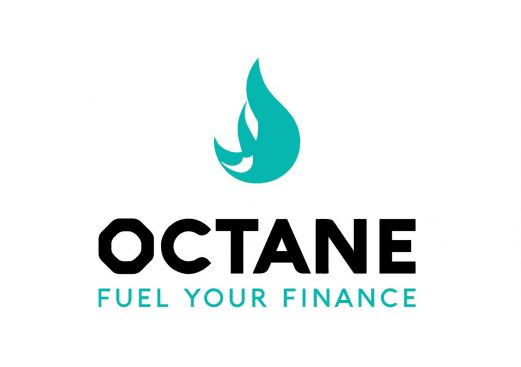Following on from the changes under the Consumer Credit Directive regarding advertising and providing information to customers buying cars on credit, the Office of Fair Trading (OFT) has published additional guidance for credit brokers. This guidance is essentially the blueprint for how dealers should carry out these finance broking activities and will be used by the OFT in assessing business as fit or otherwise to hold a Consumer Credit Licence.
The guidance is over 70 pages long but there are some key aspects which dealers need to be aware of when conducting their business. The primary focus relates to more transparency in the status of the business (independent or otherwise), the payment of fees, the consumers’ rights, to refunds, and commission disclosure.
Overriding Principles
There are certain overriding principles for credit brokers described in the guidance.
a) Treating borrowers fairlyThis means that the customer should receive the best product for their circumstances and without aggression, oppression or coercion. Those vulnerable due to current indebtedness, poor credit history, age, health, disability should not be targeted/exploited.
b) Ensure transparencyThis includes within advertising.
c) Ensure information and documentation is not misleading
d) Provide information in good time including key features of the agreement, key risks to enable the consumer to make a better choice.The similarities with ‘demands and needs’ statements are obvious.
e) Provide good advice.
f) Disclose status (eg independent or links to particular finance companies).
g) Disclose fees payable by the consumer, what they are for, how and when payable and provision for refunds.
h) Disclose cancellation rights including the new right under the Consumer Credit Directive.
Marketing/Advertising
Essentially the guidance is saying advertisements should not mislead (including by implication or omission) and should be accurate, clear and truthful. In addition, of course, advertising should comply with the legislation. An aspect that many dealers fail to disclose is make clear advertising any limitations on independence eg any links with particular creditors/third parties and the existence of commission fees that may give rise to to a conflict of interest, eg using a particular finance company which gives better commission but which gives the customer a worse deal than another finance company. The guidance also requires the broker to disclose the amount or likely amount of commission before the agreement is made, if requested by the borrower, in order to be transparent to any possible conflict of interest.
If a brokerage fee can become payable by the customer then the full circumstances and the potential for a refund must be declared.
Sales Practices
It is classed as an unfair practice if misleading or high pressure sales tactics are used to persuade customers to enter deals. Dealers should not offer financial or other inducements to get a customer to sign up to a credit deal more quickly. This would cover ‘weekend 0% sales’ promotions as an example. The customer should be allowed sufficient time to reflect (not just read) the terms and conditions before entering the agreement or the dealer should advise him/her to do so. Customers should not be pressured to enter new agreements to extend their indebtedness. Dealers should not fill in any part of the application intended to be filled in by the customer unless the borrower gives clear consent. Data Protection issues should be disclosed eg the fact that the borrower’s personal details will be used in a credit search and what the customer’s rights are. The dealer is also not permitted to give the application to a finance company if it is known that that particular company would not accept the customer. Naturally the broker should comply with all Data Protection principles.
Service Provision
Once again this is seeking full transparency as to what service is being offered, any charges and the nature and extent of associations with the finance companies or third parties.
Fiduciary duty – acting in the customers’ best interests
Dealers must ensure a product is suitable for the needs of a customer (again similarities with Demands and Needs statements). As an example it may be wrong to encourage a customer into a four year deal if they traditionally change car every three years. In addition there should be a mechanism to assess customer’s income to ensure affordability although creditors will generally be requiring this already.
Handling complaints
The OFT sees parallel requirements for credit brokers as would be required for FSA purposes. Customers should be aware of complainant’s procedures.
Substantive responses to complainants should be provided in eight weeks and complaints should be informed that they may refer to the matter to the Financial Ombudsman Service (FOS) if not satisfied.

Octane Finance is the broker of choice for new and used car dealers nationwide. With our uncompromising service levels and our genuine and professional approach, you and your customers can trust us to deliver.








